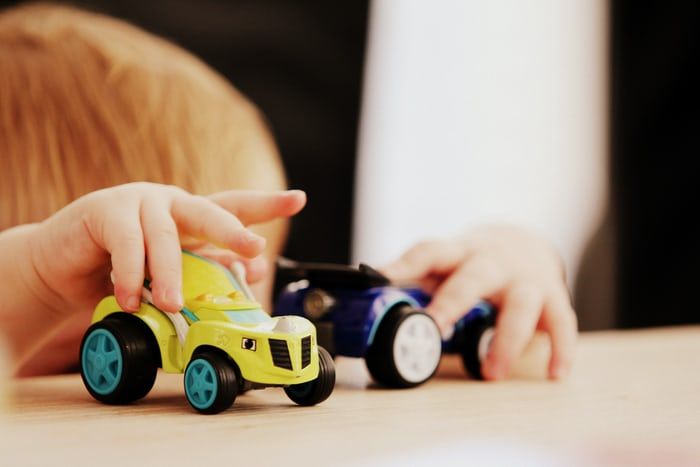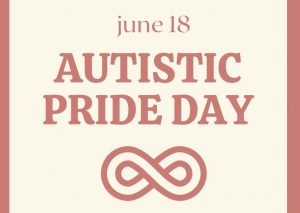The severity of autism can vary widely but the most common symptom in many children with this neurological disorder is problems speaking, interacting with others, sharing affection, and learning.
According to reports, the first case of autism was identified in 1943 but the public awareness of autism has grown tremendously over the years. However, there are still many unanswered questions and myths related to this brain disorder so here are six facts that every parent should know.
Also Read: Sunscreens contain carcinogenic benzene, reveals study
Rates are on the rise
An estimated 1 in 40 children in this country have autism to some degree, according to a recent study from Pediatrics based on 2016 data, reports parent.com. That’s about 1.5 million children (2.5%) between the ages 3 to 17.
“Ten years ago, many children with mild autism were simply not diagnosed,” says Adrian Sandler, M.D., a developmental-behavioral pediatrician at Mission Children’s Hospital, in Asheville, North Carolina, and chair of the American Academy of Pediatrics’ committee on children with disabilities.
Kids are getting diagnosed sooner
According to doctors, there are no laboratory or medical test for detecting autism, so doctors must rely on behavioral signs. In the past, many were reluctant to label a child as autistic until symptoms became obvious.
“The average age for diagnosis had been about 3.5, with many children diagnosed much later,” Amy Wetherby , a Ph.D., director of the Center for Autism and Related Disabilities at Florida State University, in Tallahassee told parent.com.
Autism is a genetic disorder
Although autism was once believed to be the result of improper parenting, researchers now believe that genes—not psychological factors—are to blame. In fact, a 2019 study published in JAMA Psychiatry found that 80 percent of autism risk comes from inherited genetic factors.
If a couple has one child with autism, there is a 5 to 10 percent chance that siblings will have some sort of autistic disorder. With identical twins, the likelihood is 60 percent.
There is no known scientific link between vaccines and autism
There’s been widespread controversy about a possible connection between vaccines and the soaring autism rates. Some parents of children whose autistic symptoms first appeared shortly after their measles-mumps-rubella (MMR) immunization are convinced the shot was the cause, but studies have failed to find scientific evidence.
Also Read: No lockdown for greenhouse gasses as levels rise despite pandemic, study shows
Large head size is a red flag
Recent findings published in the Journal of the American Medical Association suggest that the brains of children with autism develop differently from an early age.
Early treatment is crucial
There is no known cure for autism, but intensive therapy helps a child learn a wide range of skills – from making eye contact to hugging to having a conversation. And the sooner a child begins, the better.







